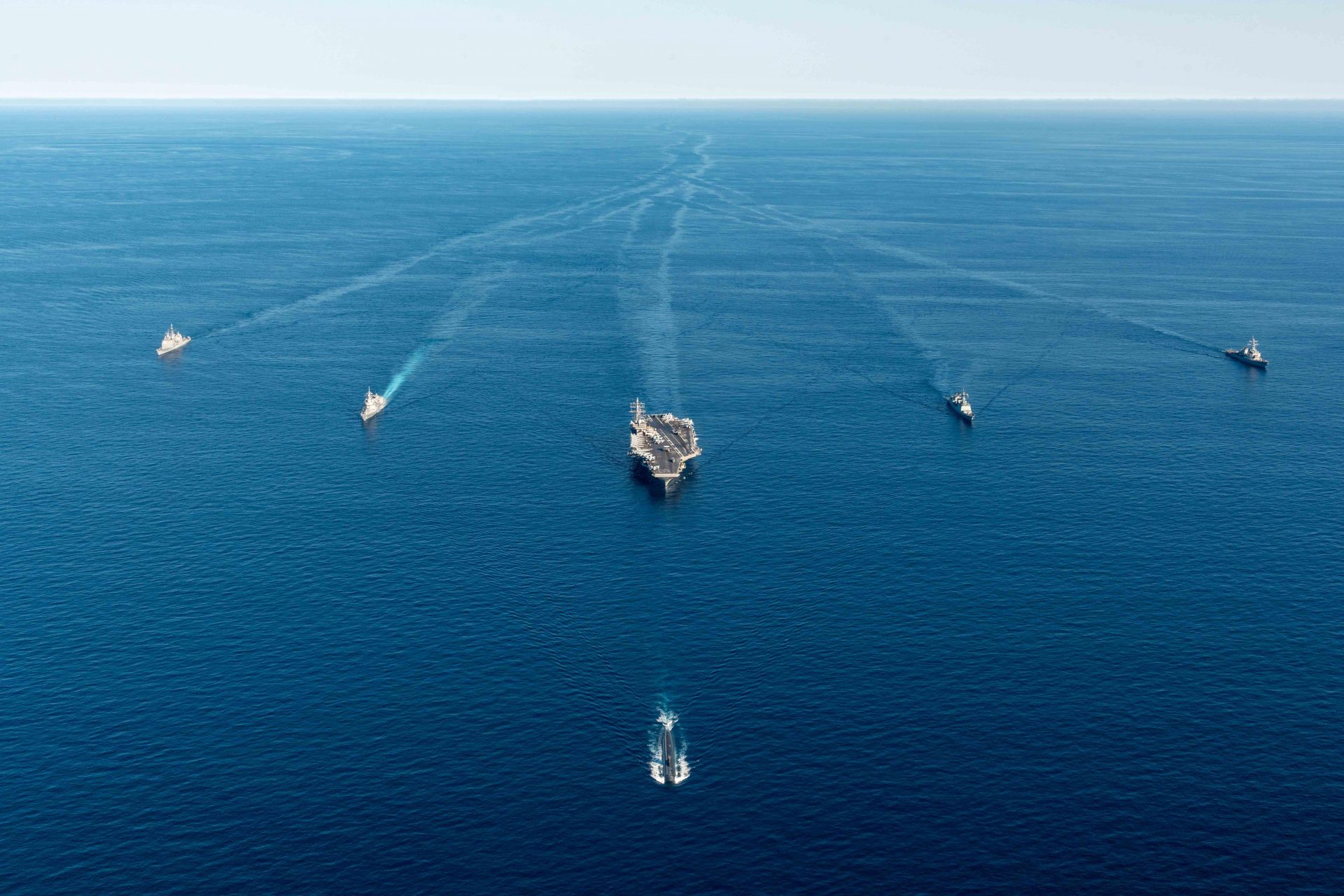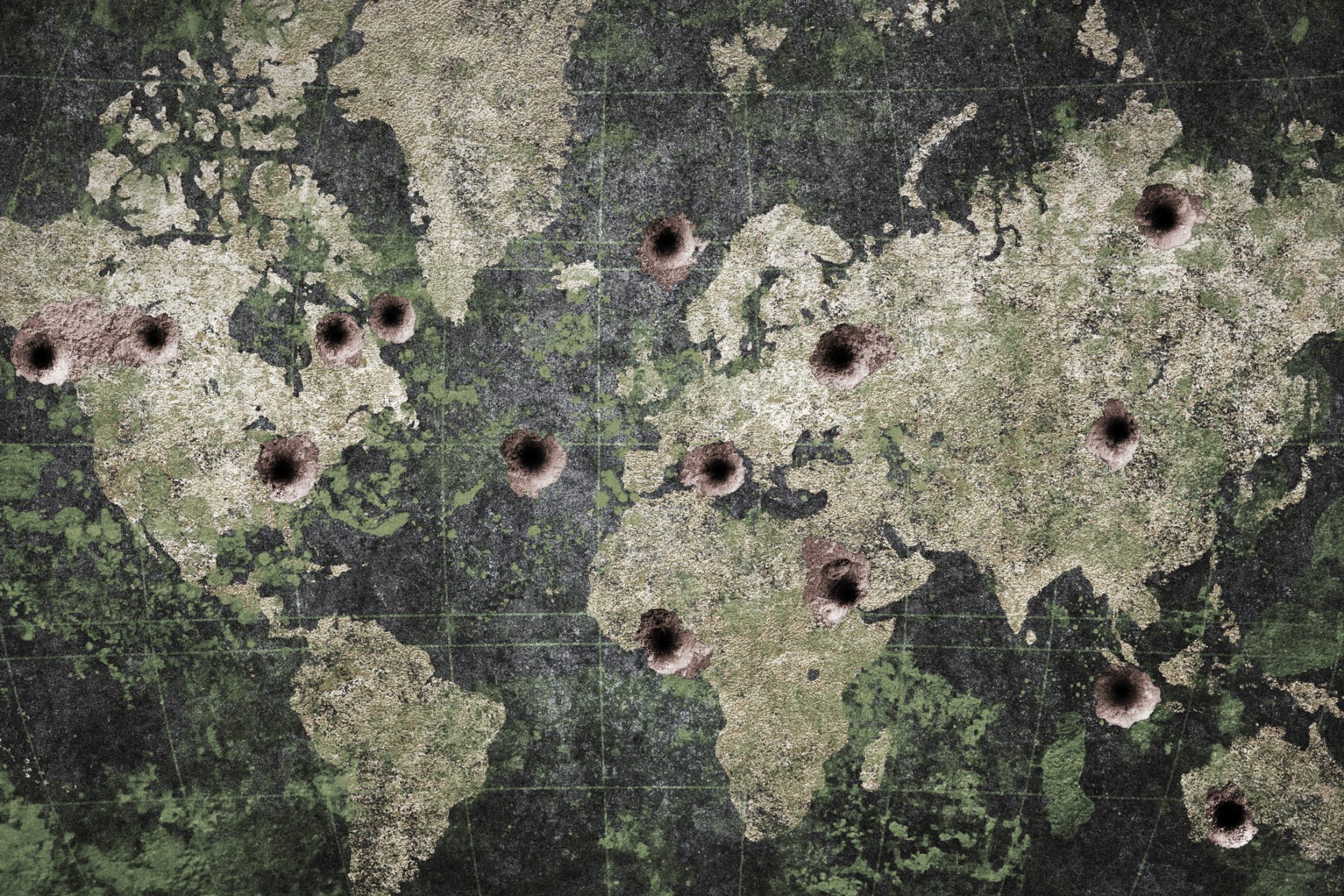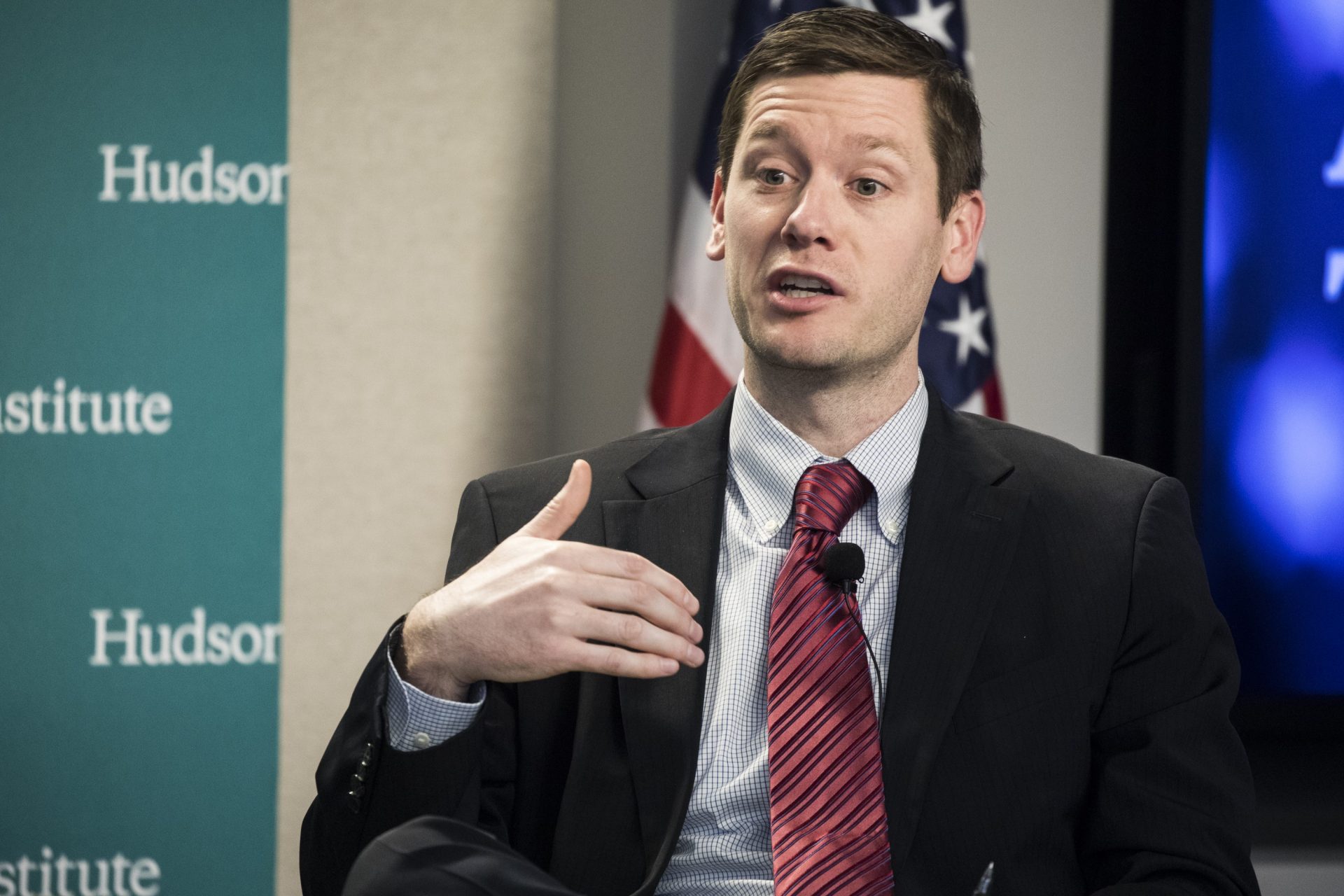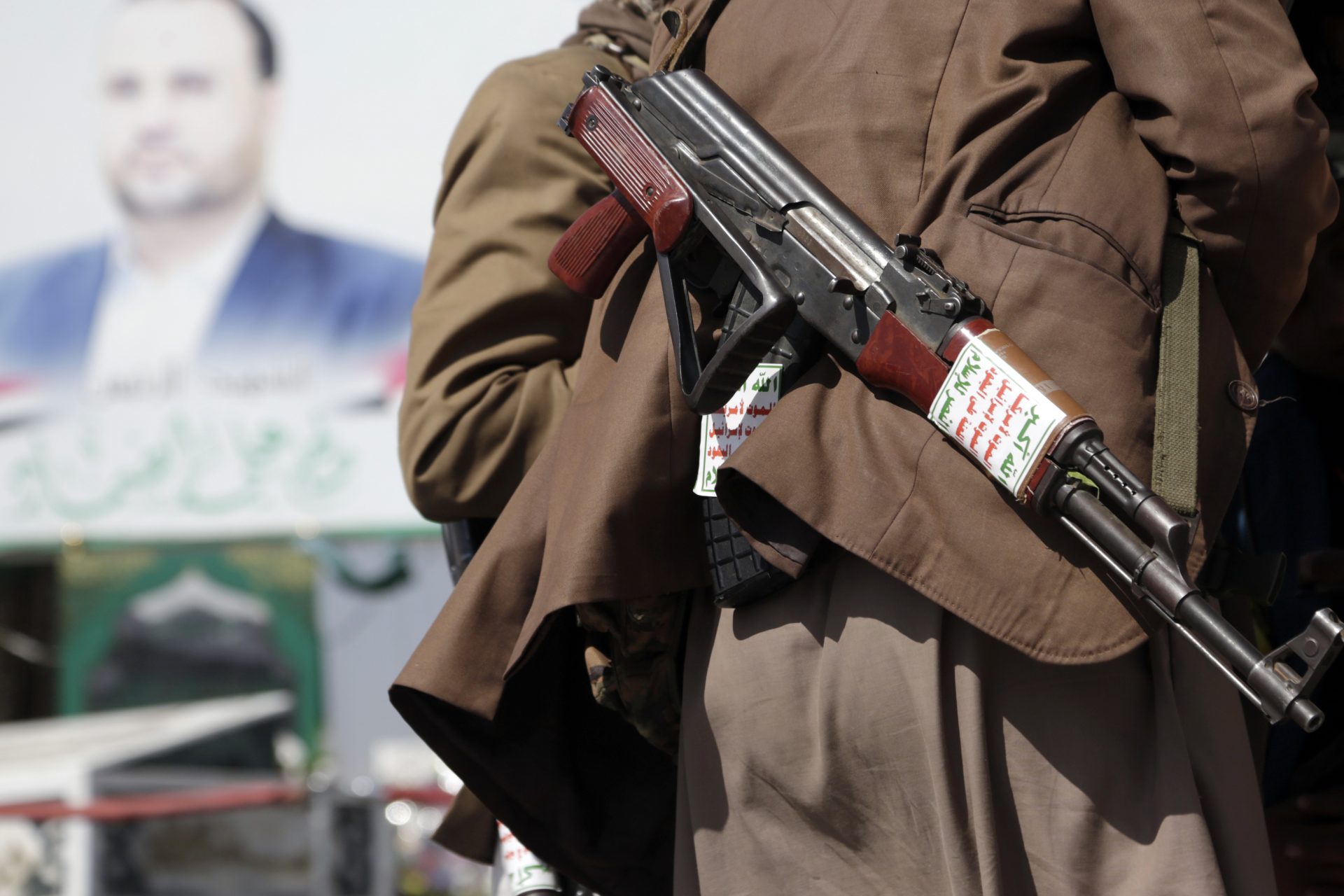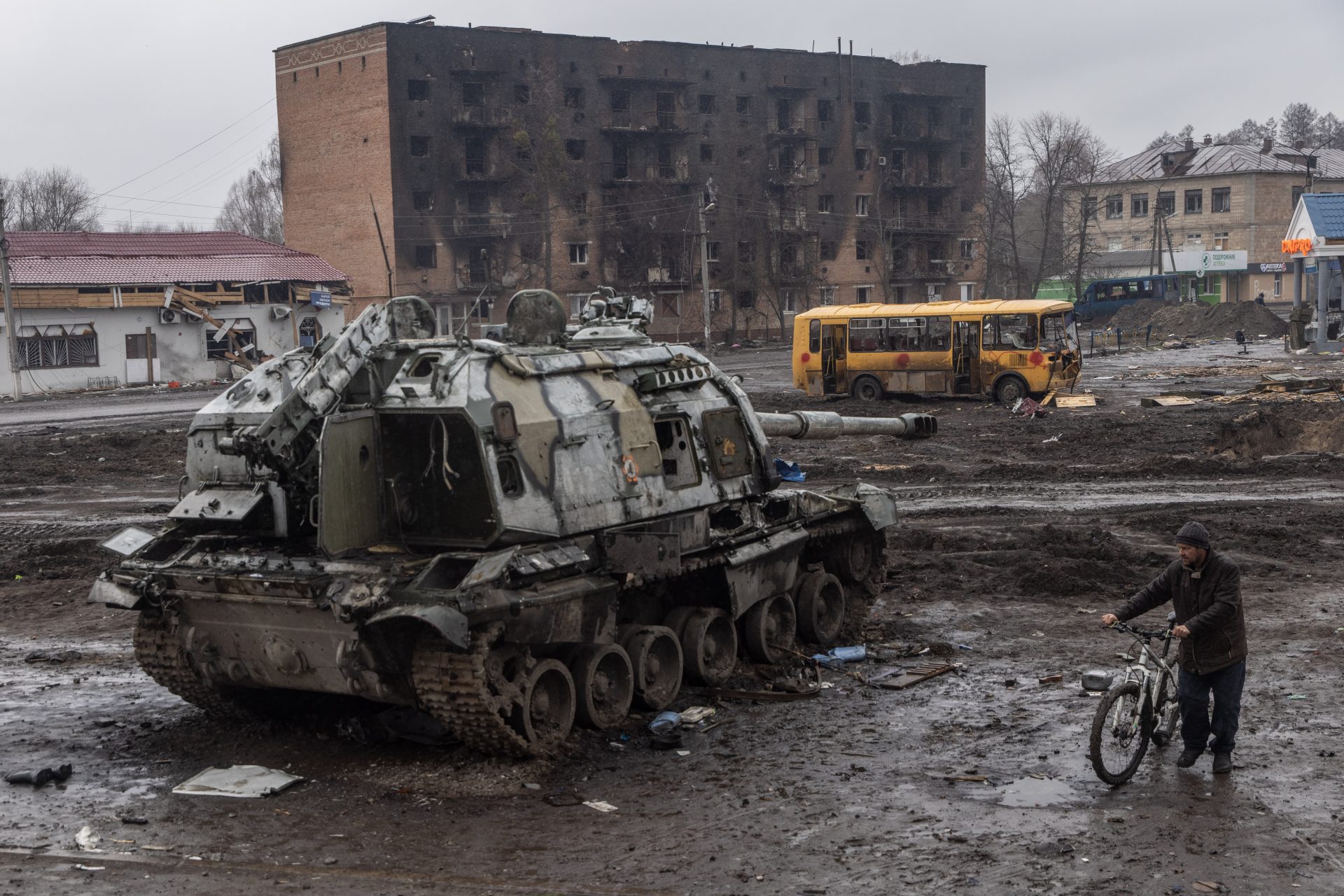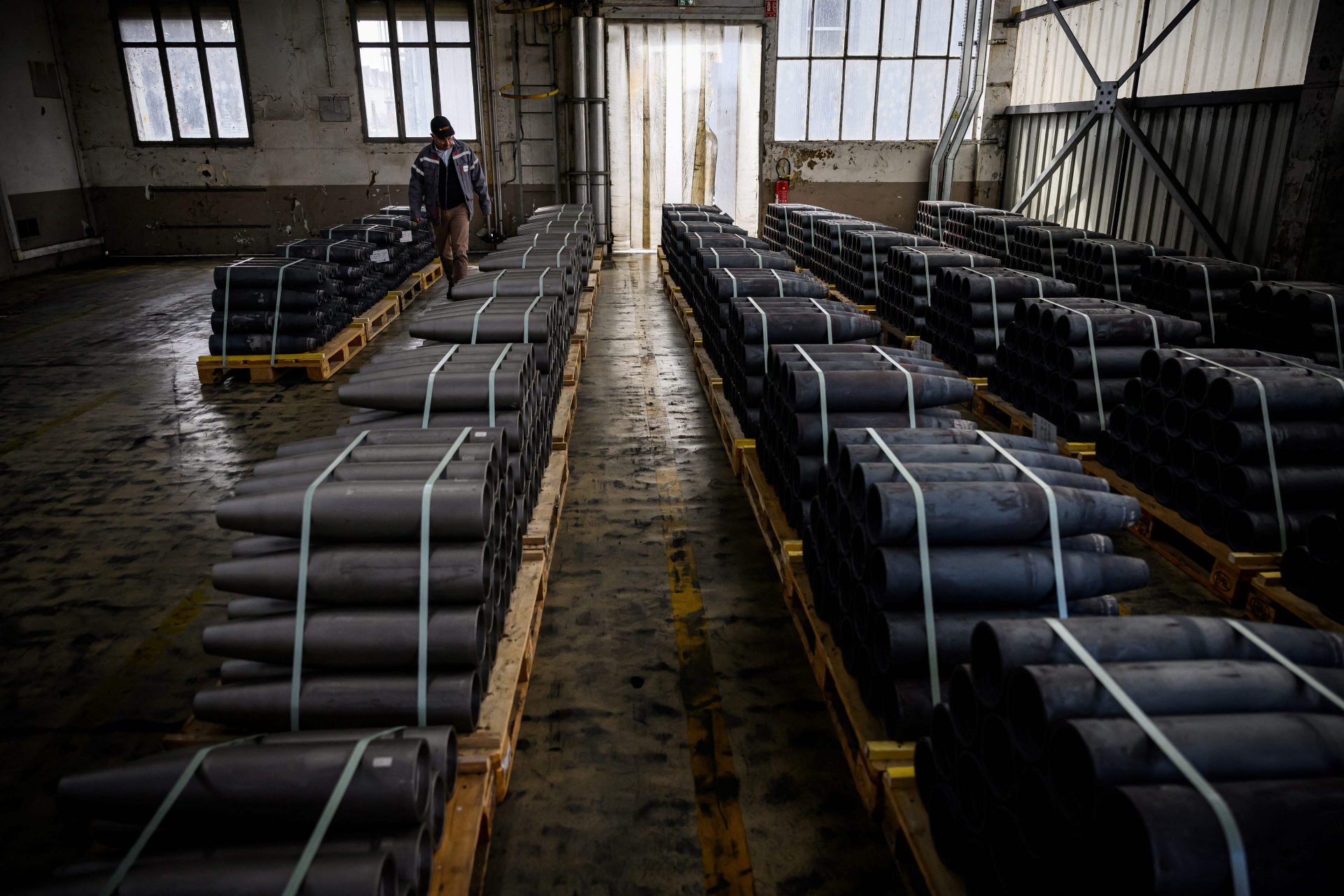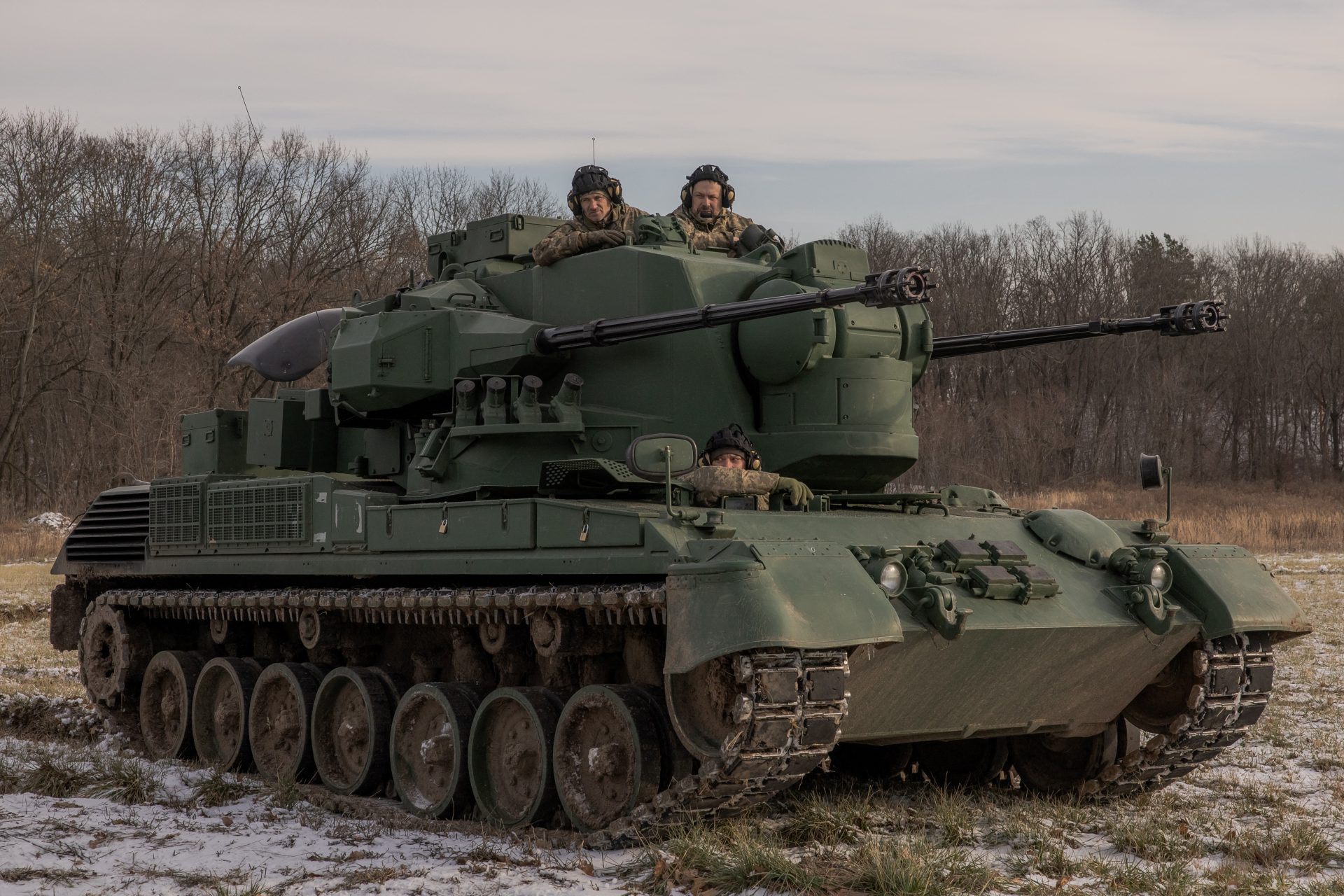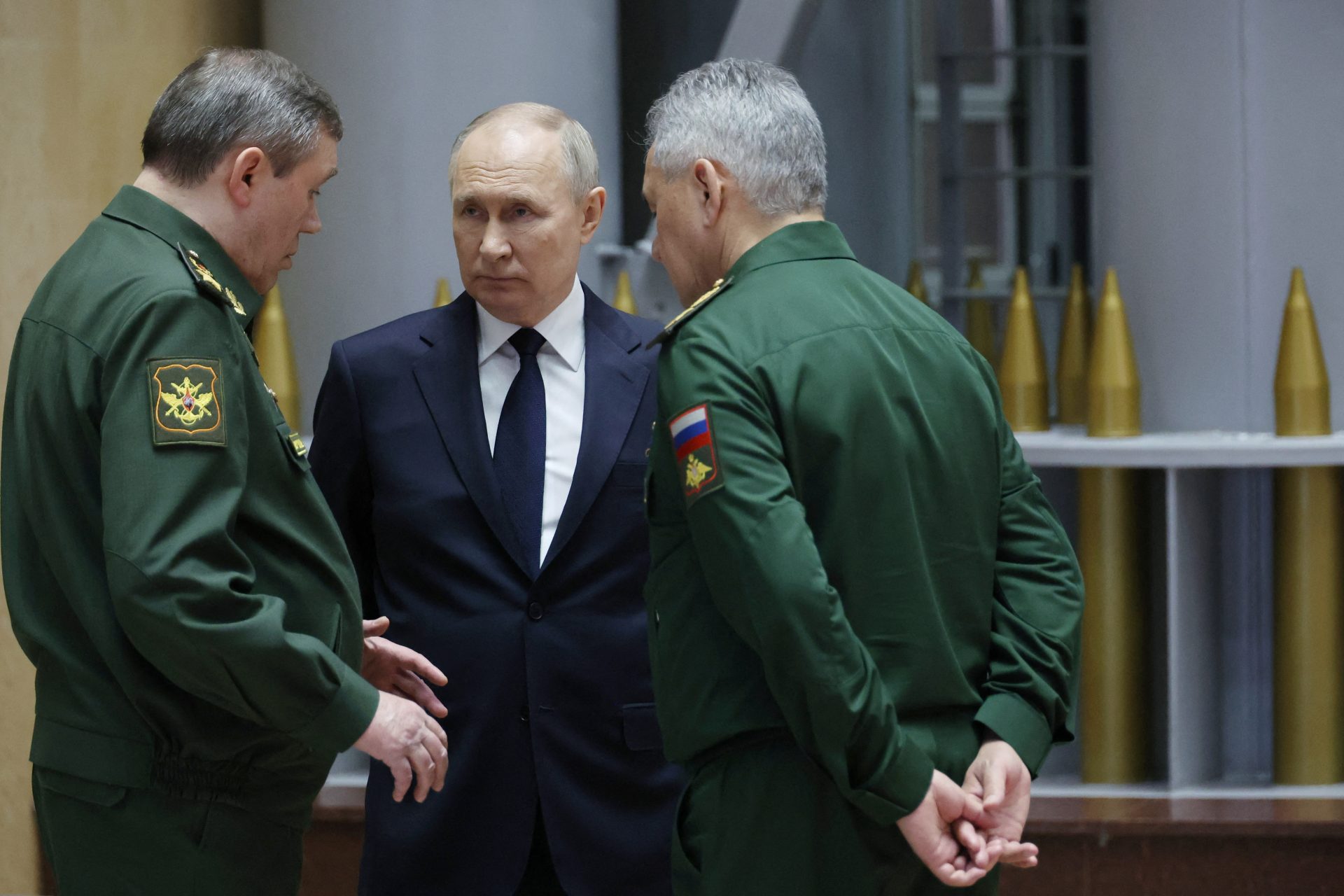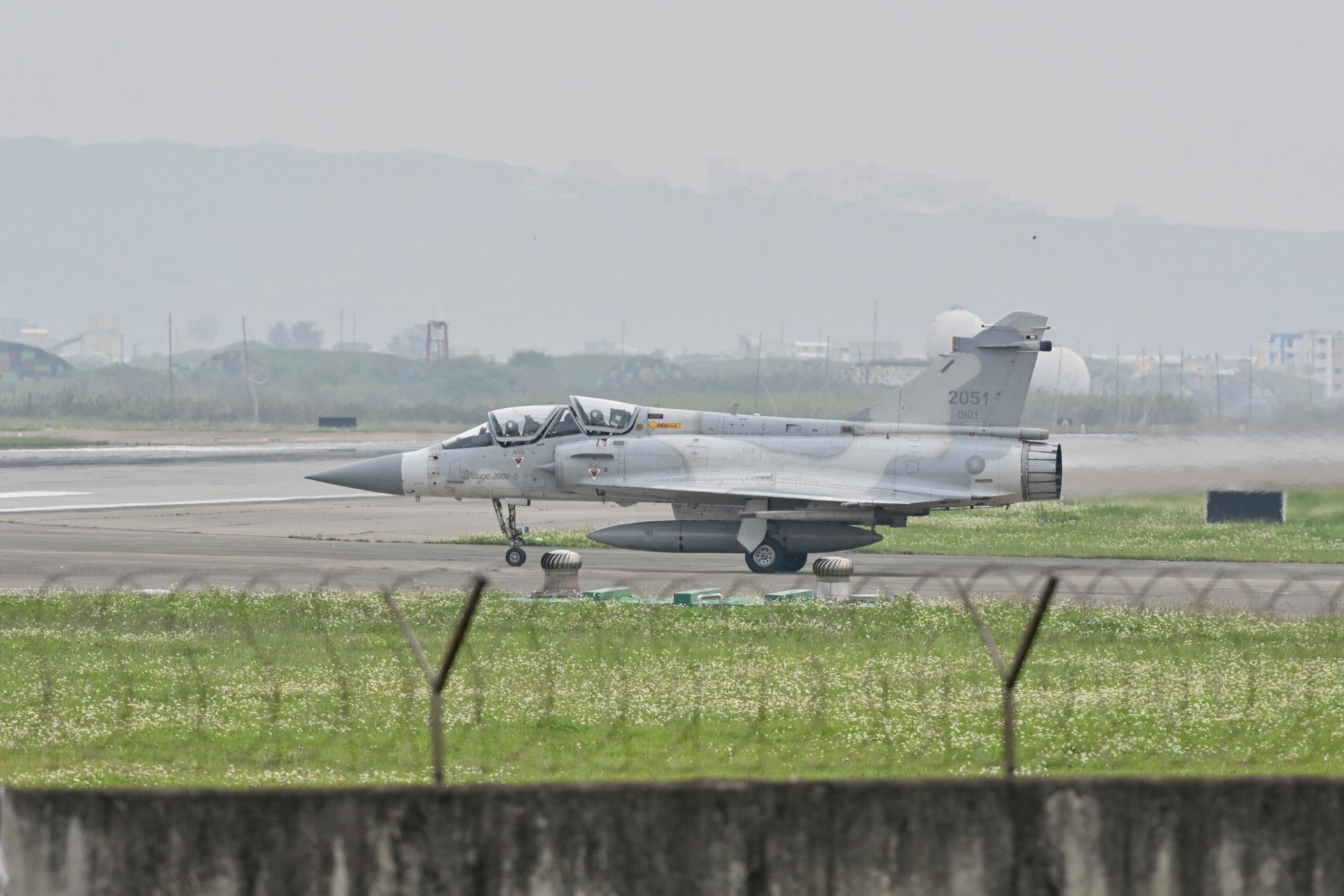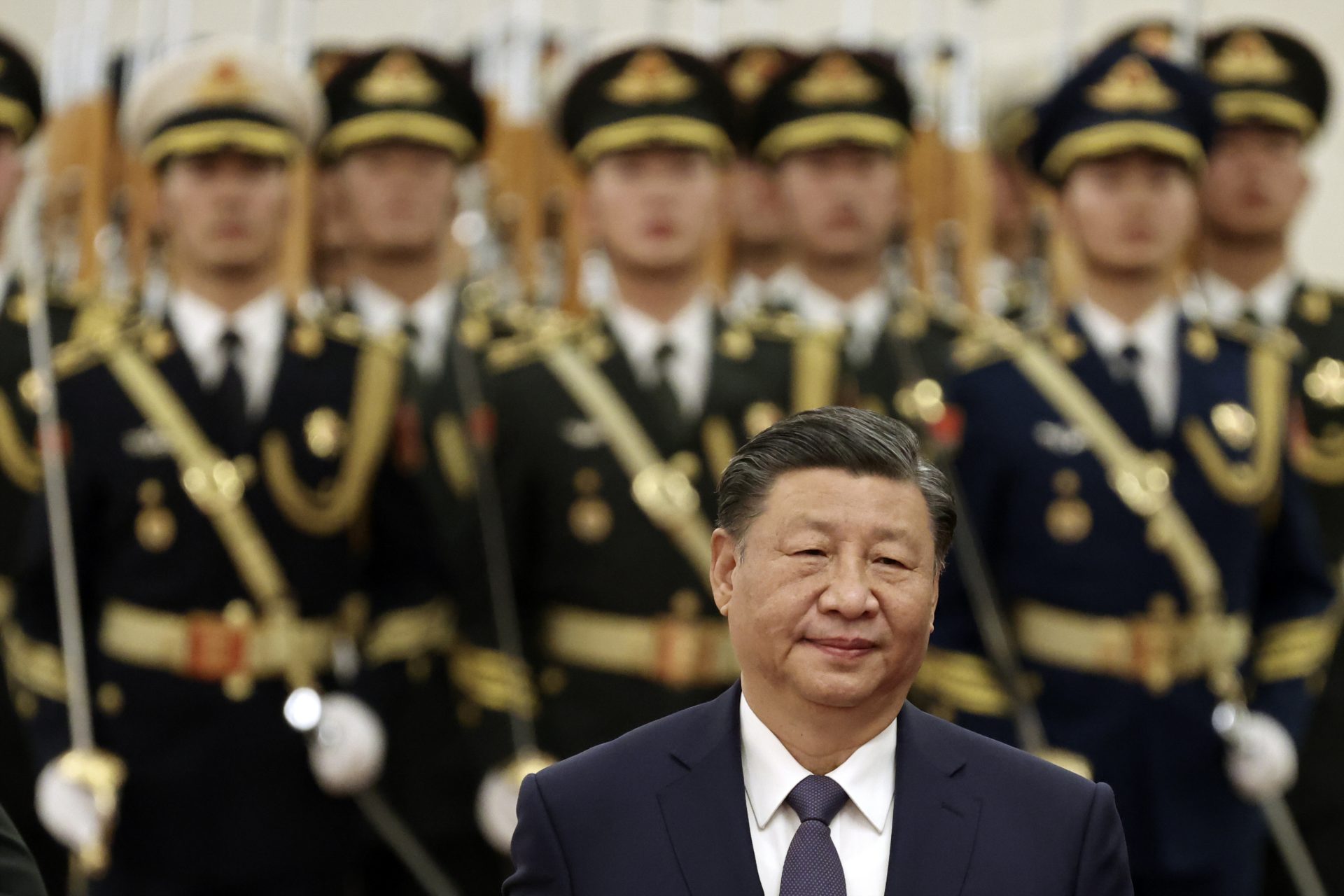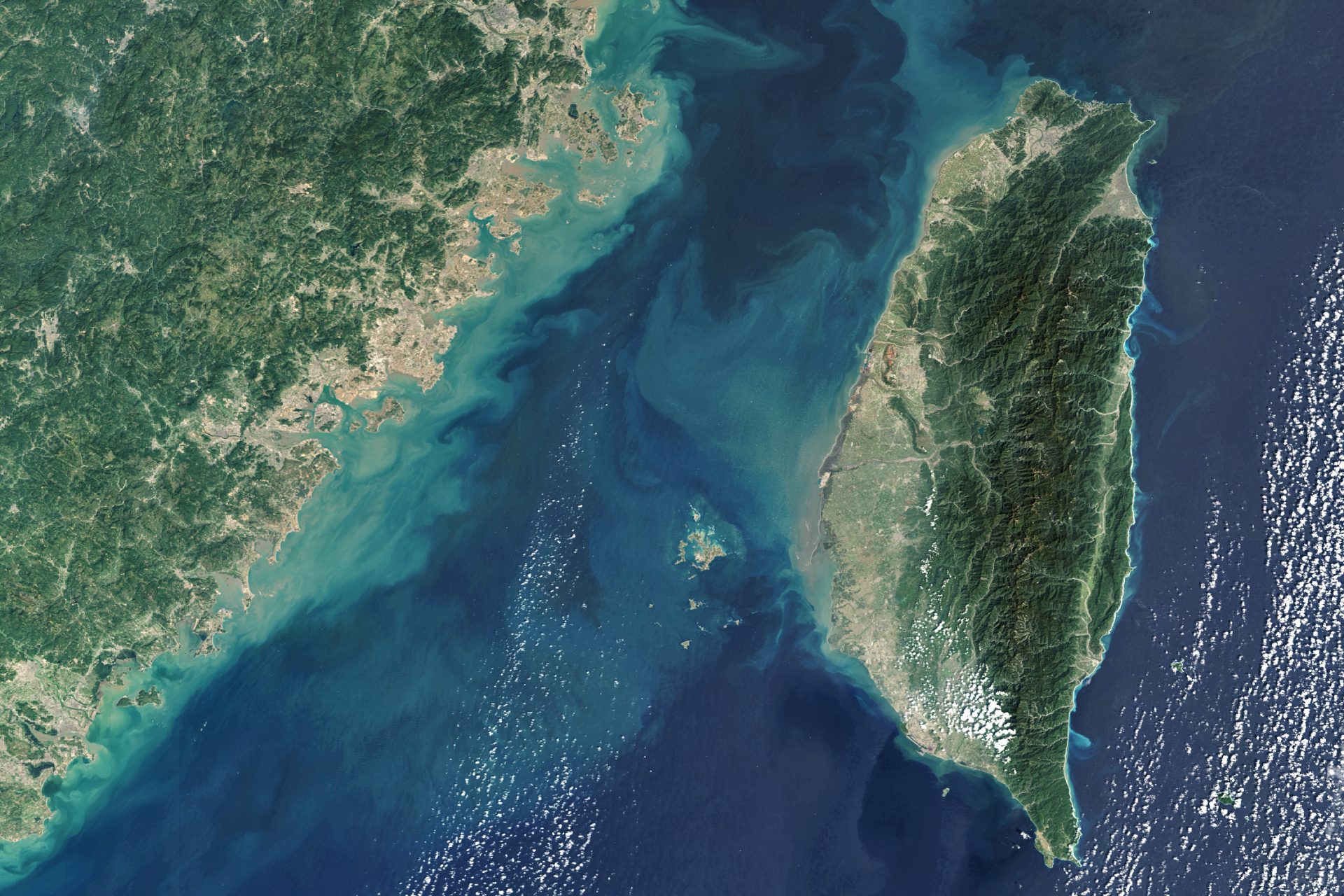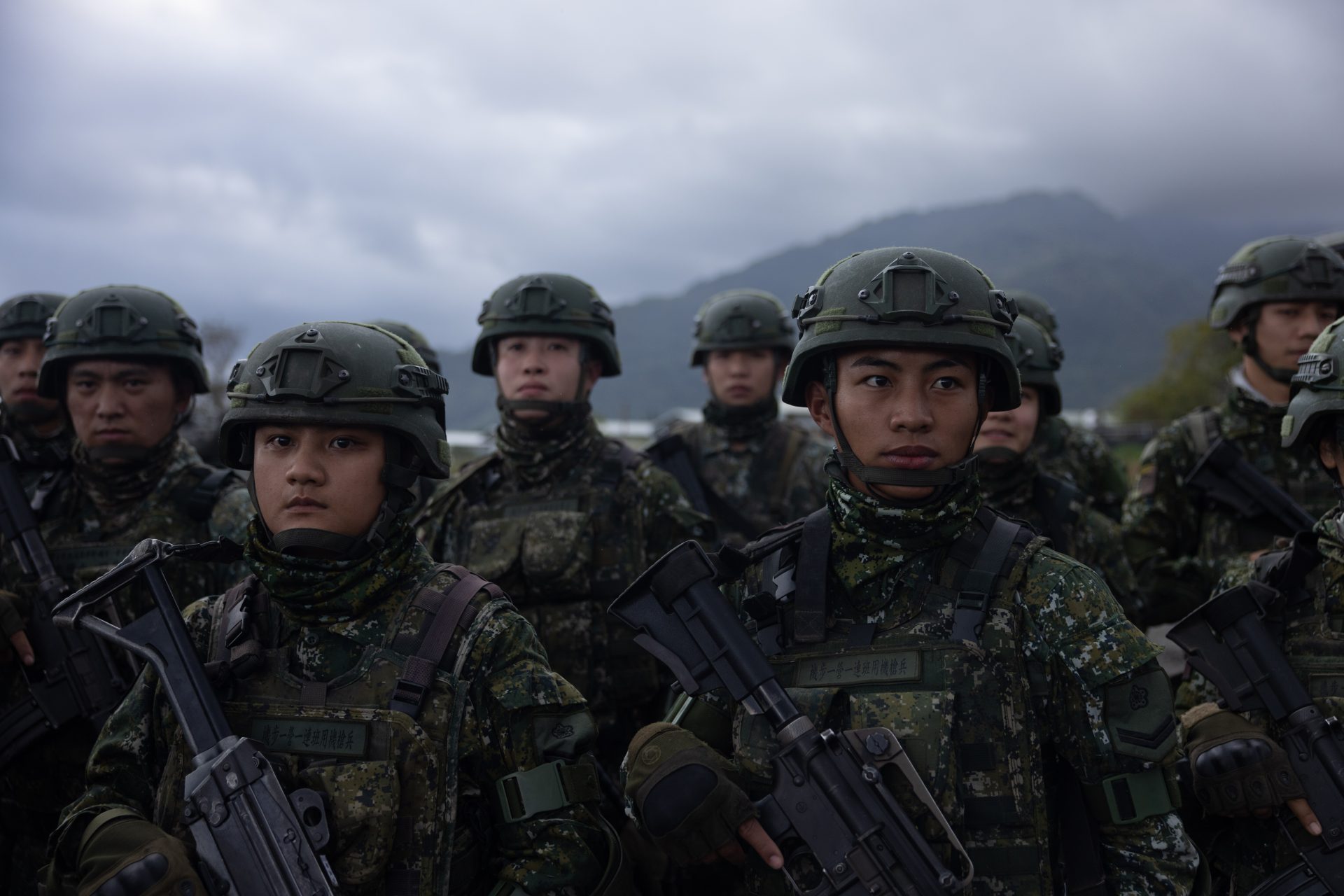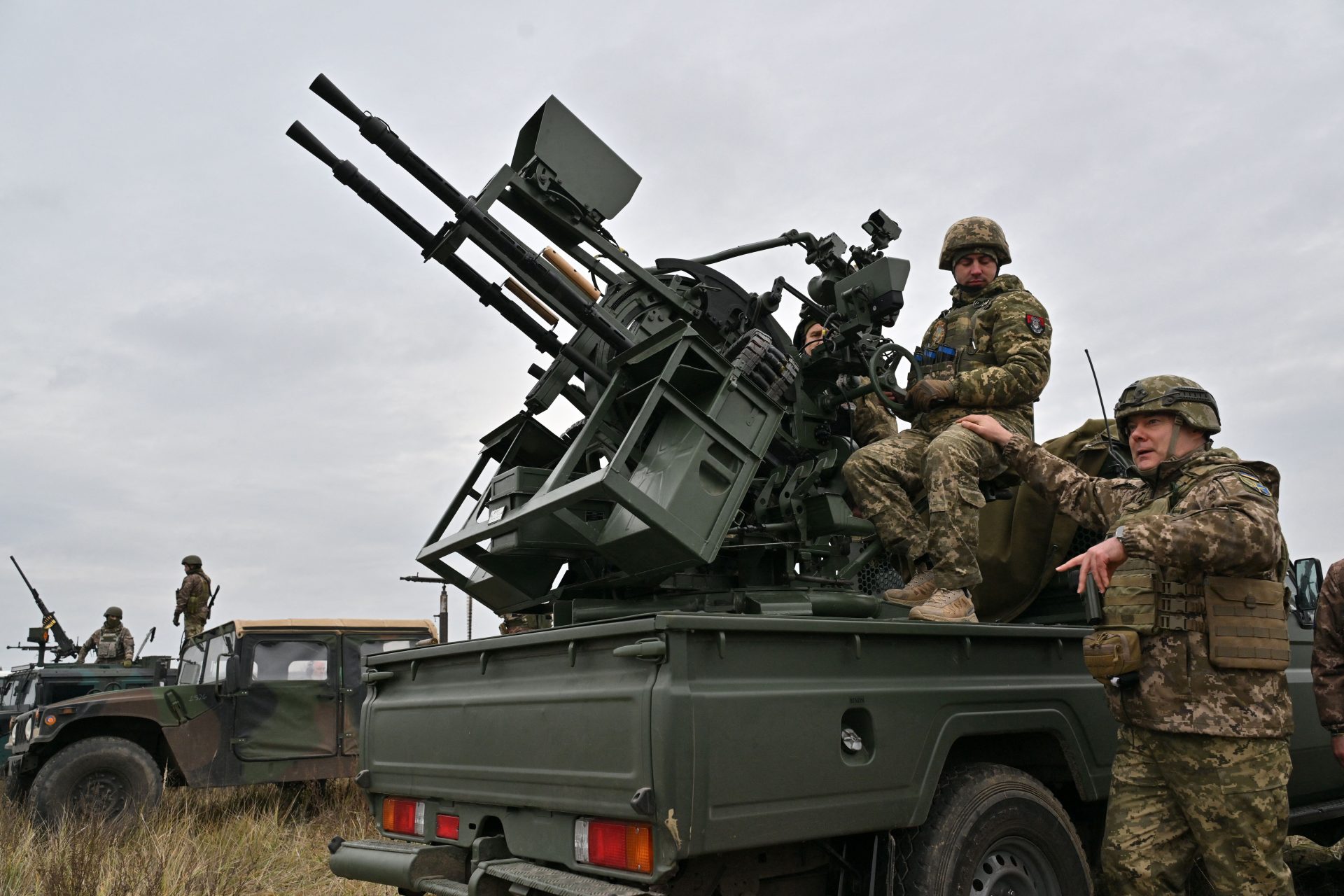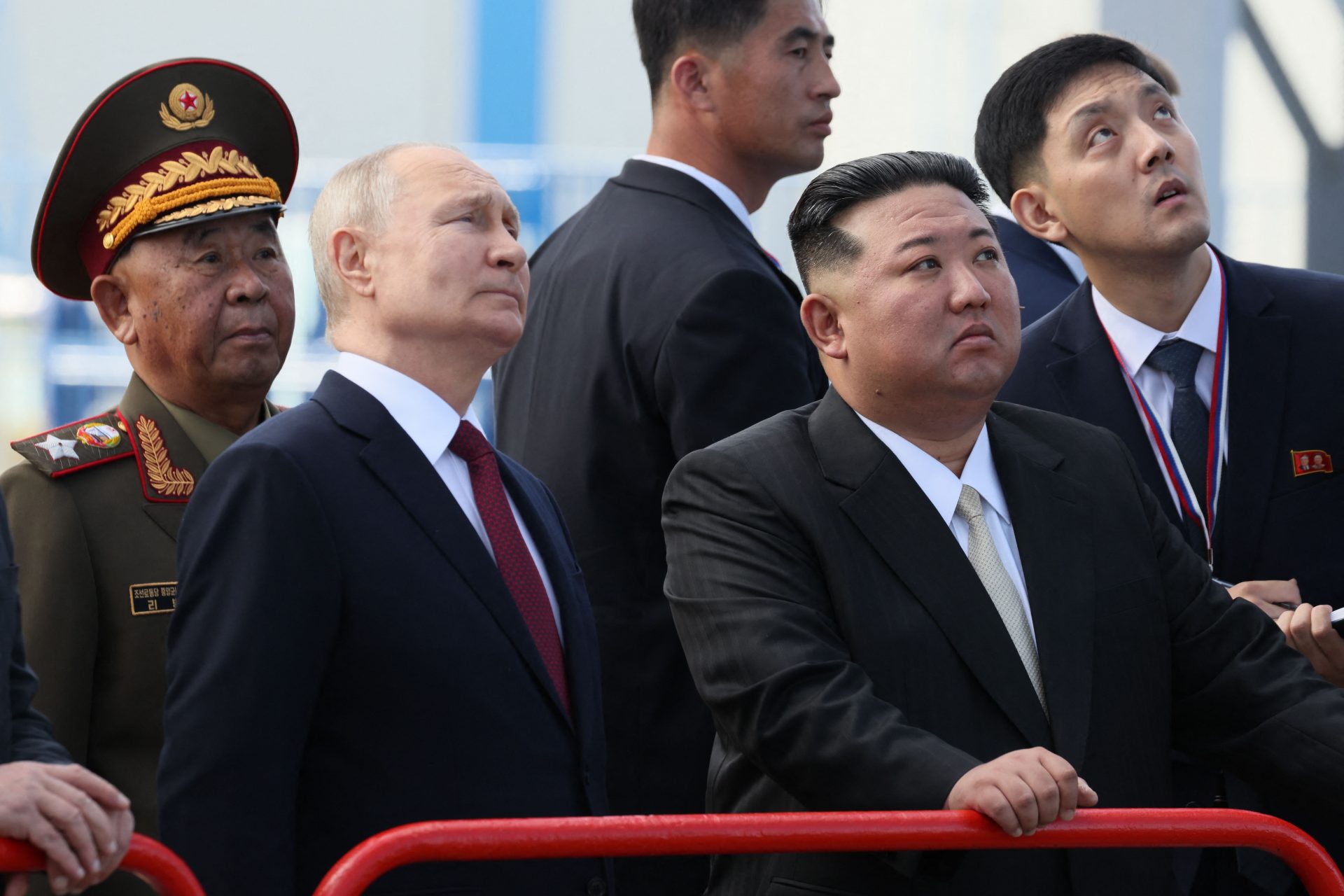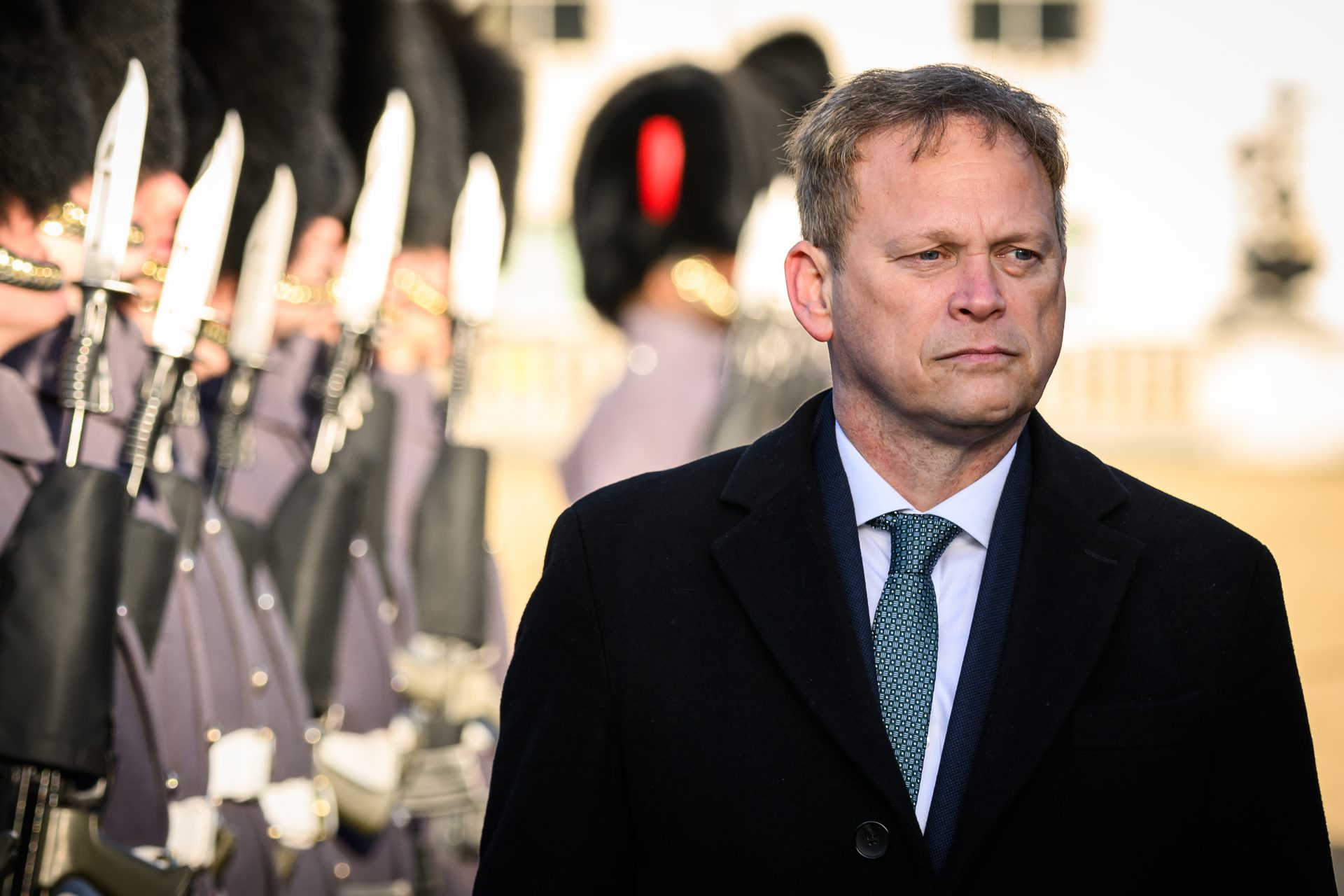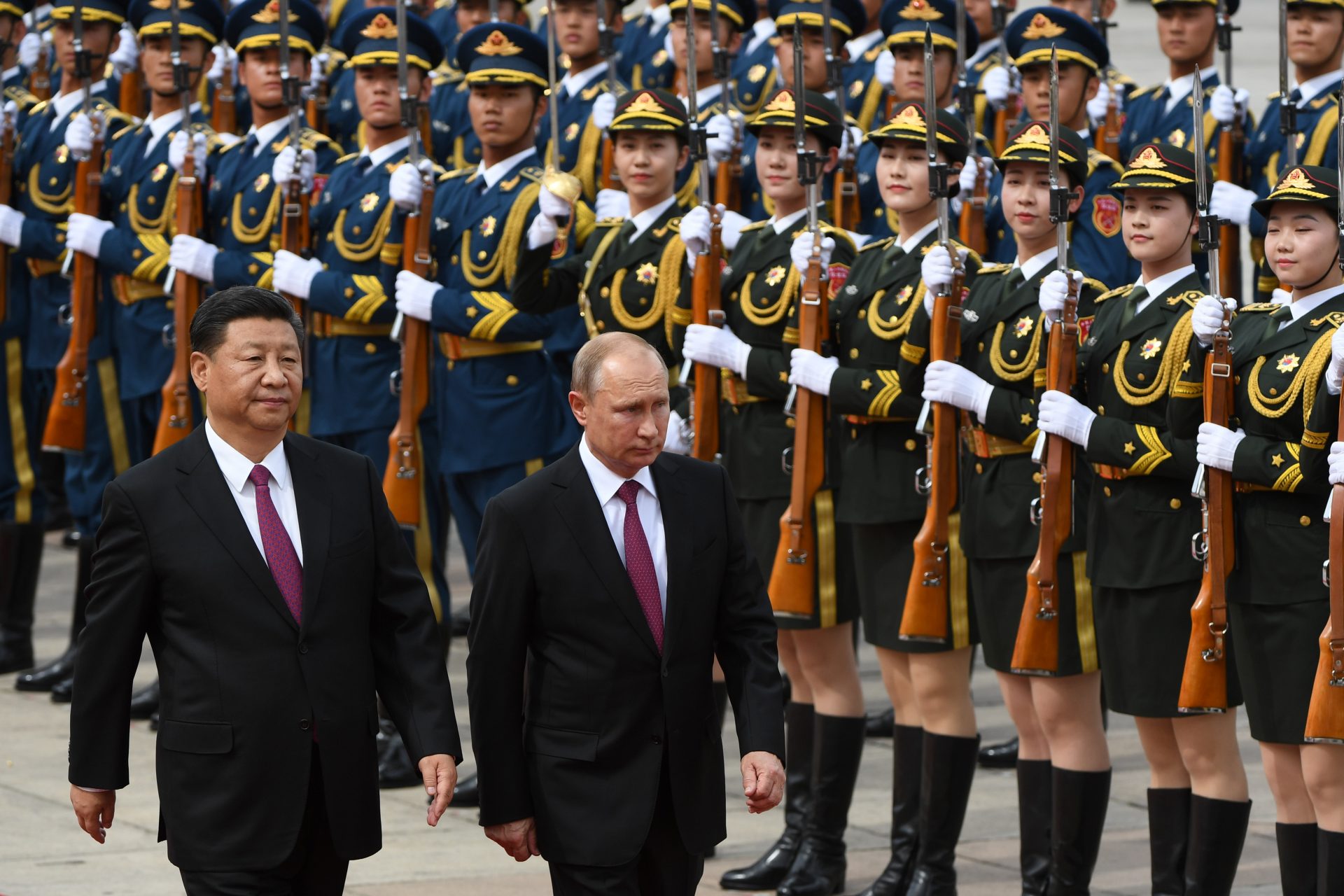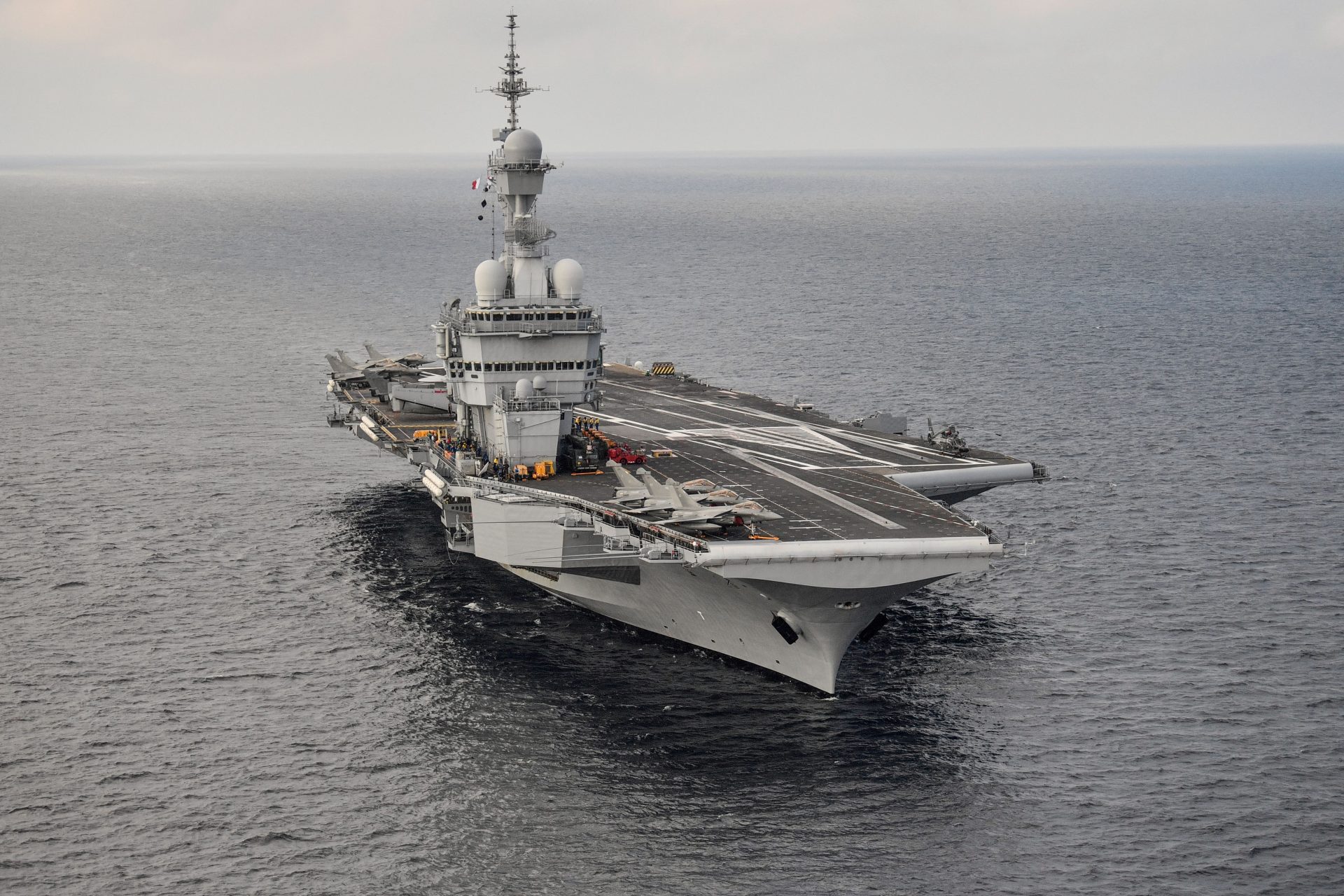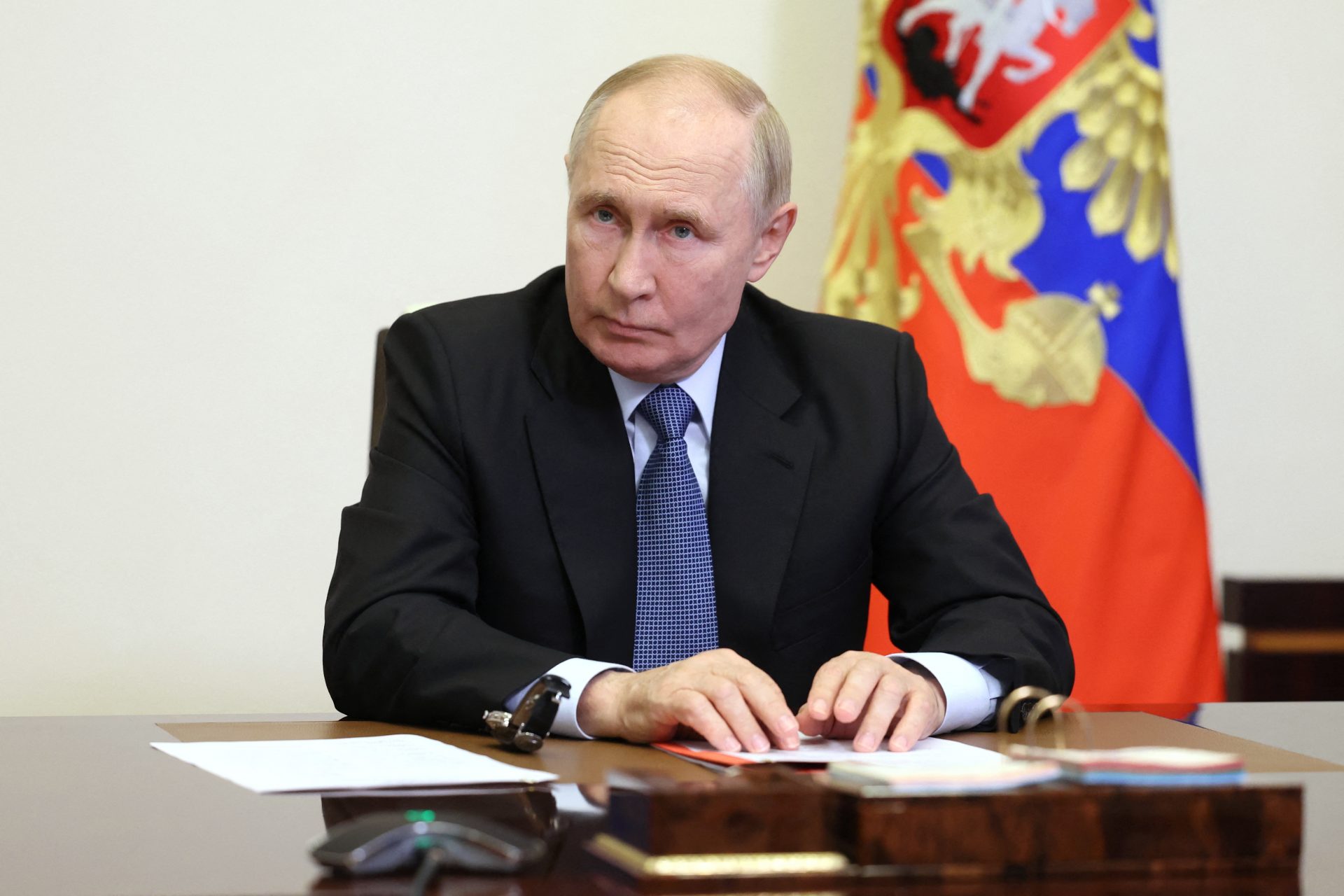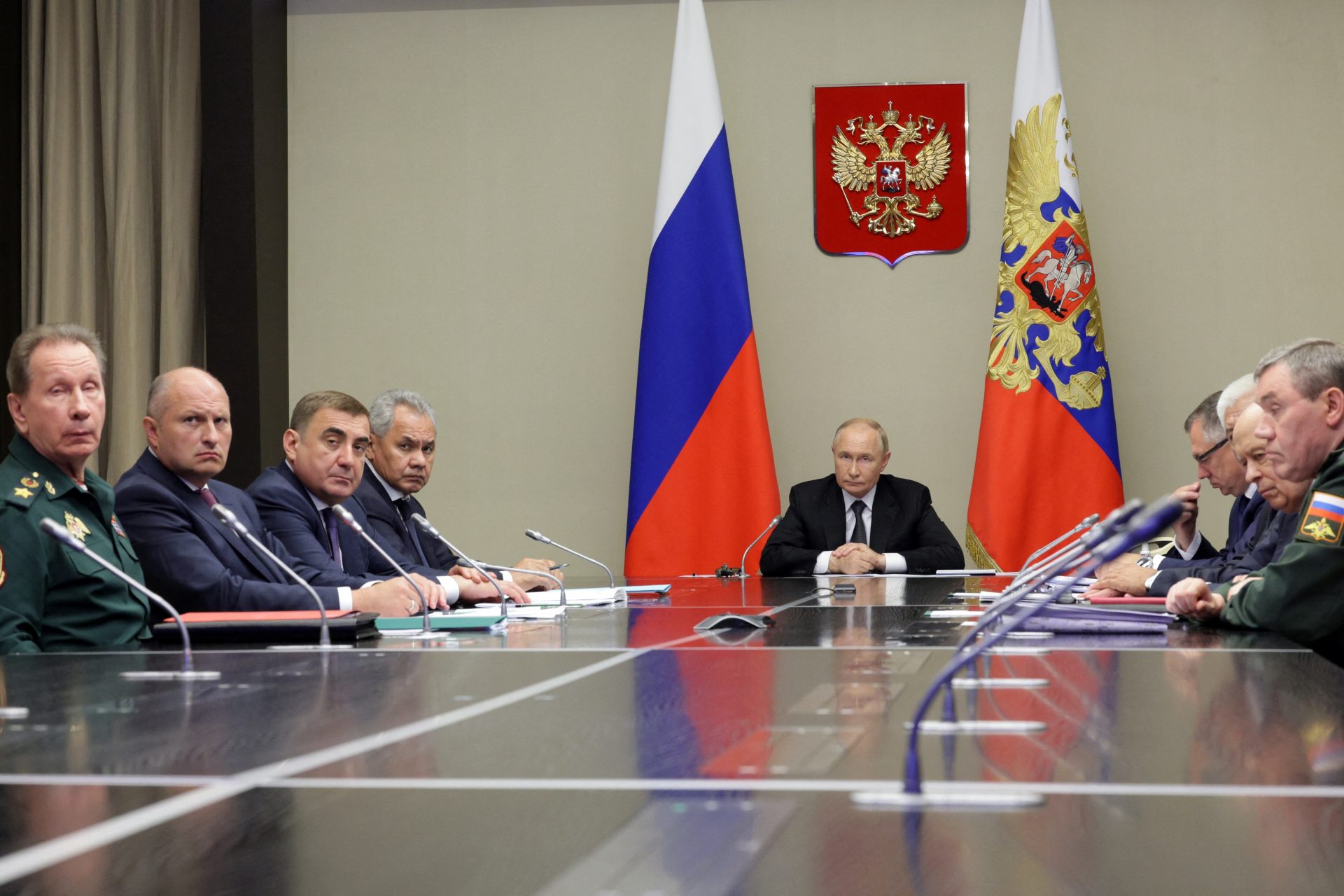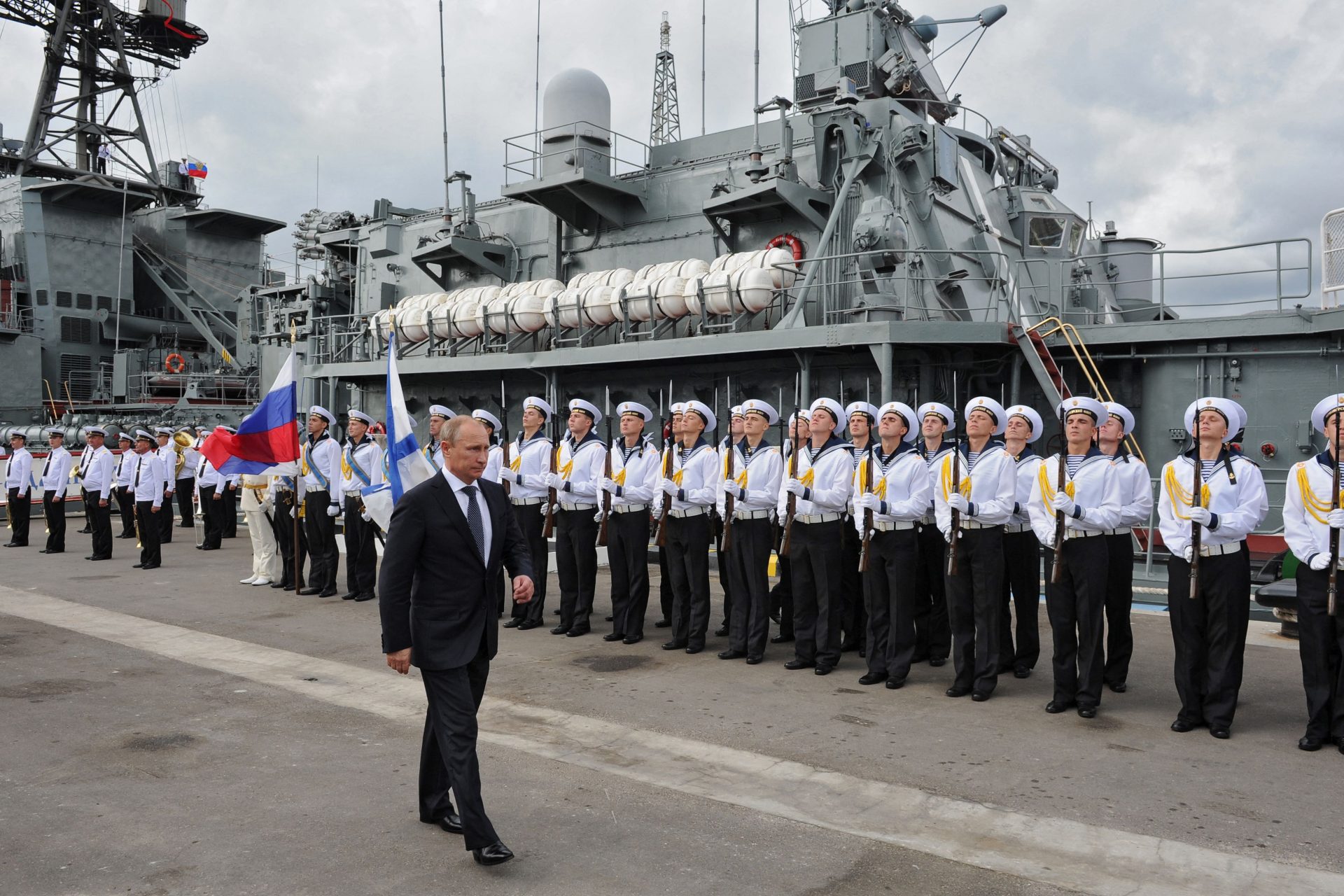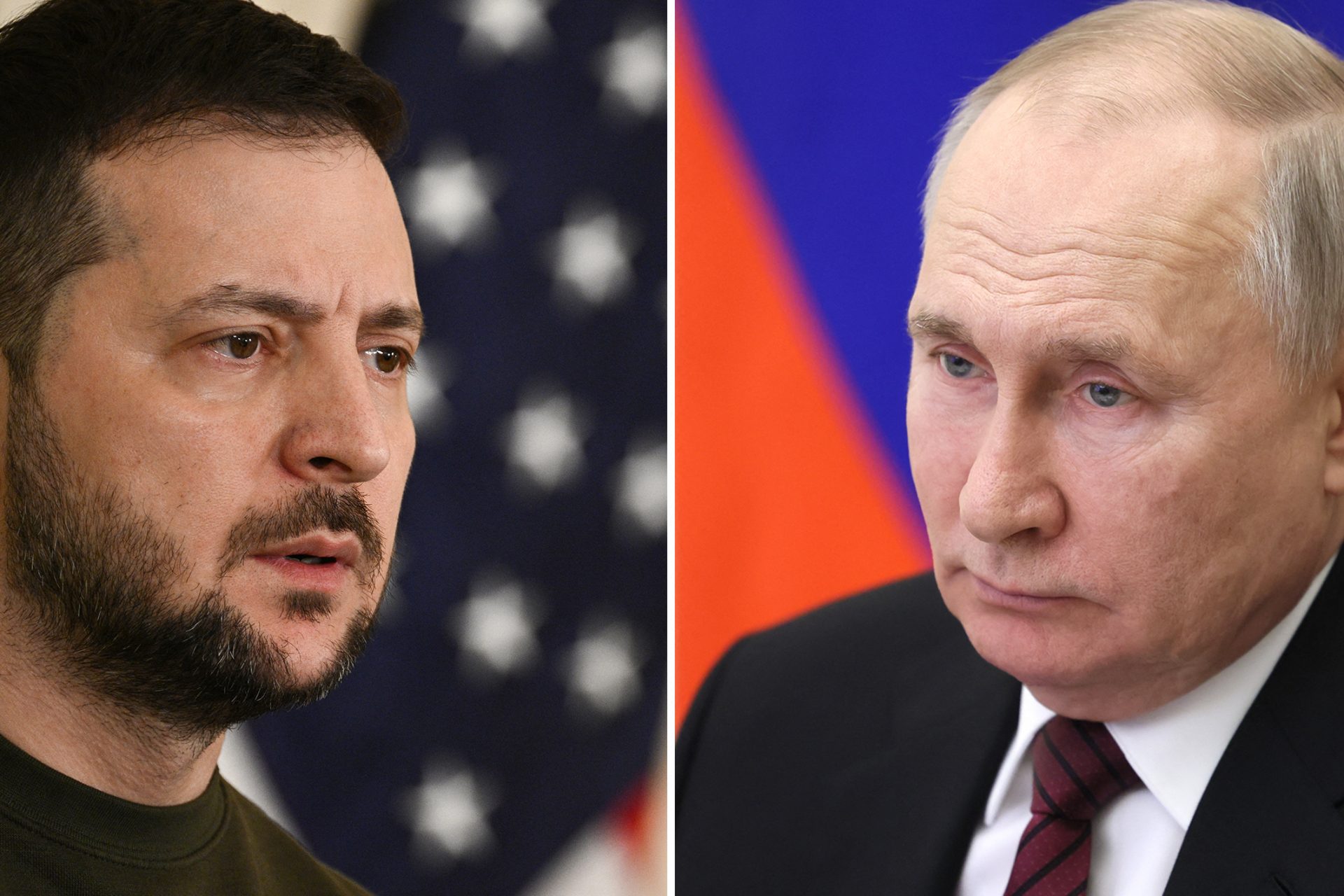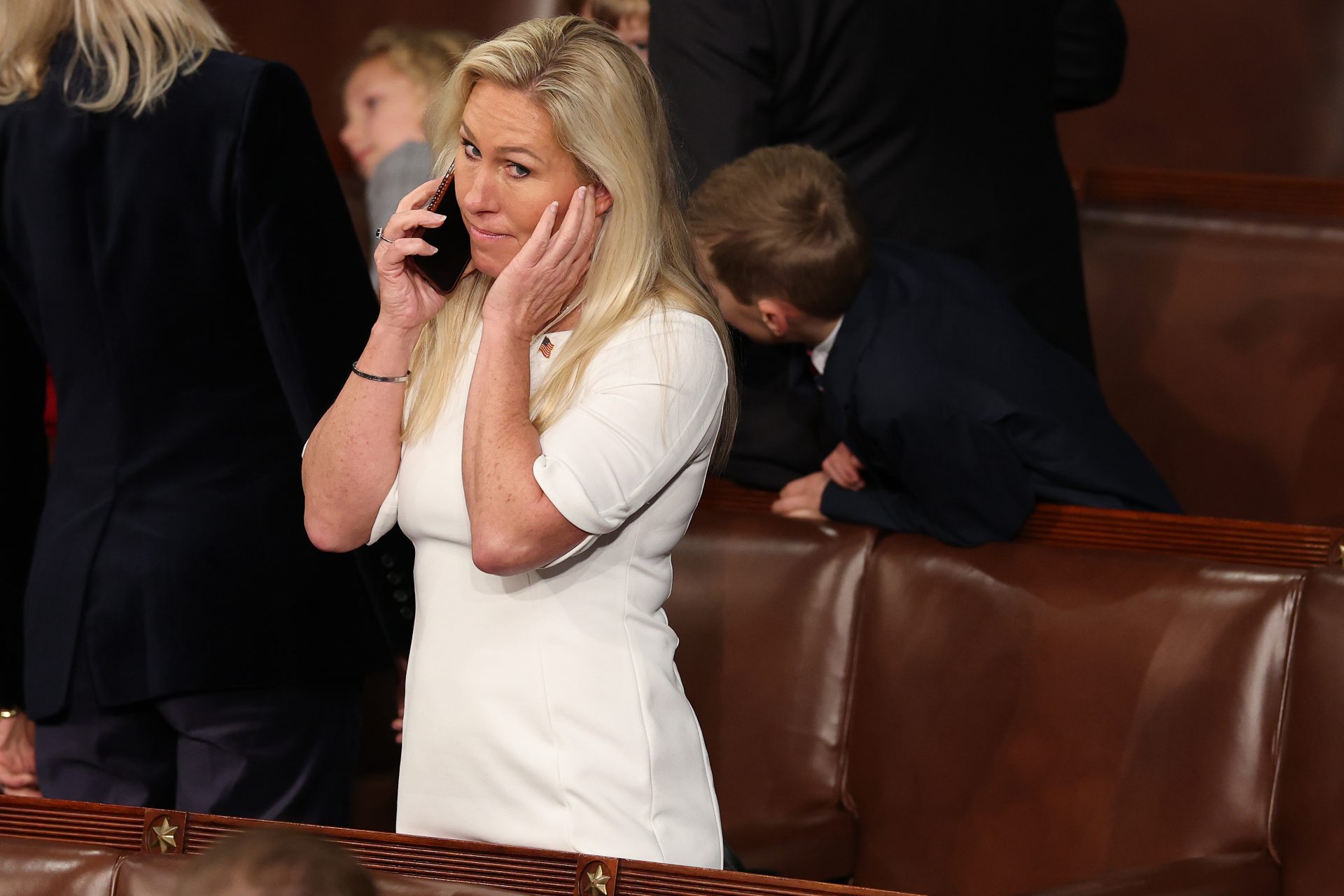Remember when an expert on global affairs revealed what could lead to World War III?
The world is closer than it has ever been to the outbreak of a Third World War. Rising tensions with China and the West combined with the ongoing Russian invasion of Ukraine pushed the planet to the brink, and it is likely one of those types of conflict could tip the world into a new global war...
The world may be on the brink of its next major global conflict but this time it will be very different from the likes of the First and Second World Wars. However, how the conflict will begin may echo the ways previous wars started according to one expert on global affairs.
Hal Brands is the Henry A. Kissinger Distinguished Professor of Global Affairs at the Johns Hopkins School of Advanced International Studies and wrote in a January 2024 article for Foreign Policy that regional conflicts being fought across the world today resemble those of the previous wars.
The world likely won’t see the kinds of sweeping territorial grabs by a formalized alliance of powers that were a hallmark of World War I and World War II, but rather a situation in which regional conflicts push powers together in a way that leads to a larger conflict breaking out.
Brands argued that “with wars being waged in eastern Europe and the Middle East, and ties between revisionist states becoming more pronounced, all it would take is a clash in the contested western Pacific to bring about another awful scenario.”
The scenario that concerned Brands the most was one in which “intense, interrelated regional struggles overwhelm the international system," He wrote. This could create a situation that would be on the same level as the problems the world faced in 1945.
“A world at risk could become a world at war,” Brands added. But Brands was not the only expert at that time warning about the perils facing world leaders. The Telegraph’s Sherelle Jacobs was also worried that regional conflicts could lead to a world war.
Jacobs argued that weakening authoritarian regimes around the world are putting global security at risk. The pattern is playing out with Iran and its proxies in the Middle East as well as in Ukraine with the Russian invasion of the country.
For example, Jacobs argued that Vladimir Putin’s invasion of Ukraine was an attempt by Putin to arrest the economic and demographic problems created in Russia under his leadership and to deflect from his domestic failures through conquest.
Jacobs explained if “current trends continue then Russia will be a geopolitical minnow within just a few decades.” This is a situation that could foreshadow what will happen in East Asia as China seeks to stem the tide of its own economic issues.
China and Taiwan might be the next flash point that the free world may need to worry about according to Jacobs because that might be the best solution for Beijing following what is the collapse of China’s state-engineered growth strategy.
“Xi knows he may have only limited time to act; while it is believed that, by 2027, Beijing will have military superiority over the US in the Taiwan Strait, given its shrinking population and stagnant economy, it is an open question how long that could last,” Jacobs wrote.
Such a conflict would be the perfect type of crisis outlined by Hal Brands, one that might kick off a larger conflict that pits the world's remaining global outliers and pariahs against the Western world and its alliance system in a broader global conflict.
This scenario may seem far from reality but it wasn't just journalists and global affairs experts worrying about the world’s current precarious situation at the beginning of 2024. Government leaders from many countries were also sounding the alarm about a possible global war.
In mid-January 2024, British Minister of Defense Grant Schapps warned that Britain and the Western world could be at war with Russia, China, Iran, and North Korea within five years during a speech at Lancaster House in London.
“We find ourselves at the dawn of a new era. The Berlin Wall is a distant memory. And we have come full circle. Moving from a post-war to a pre-war world. An age of idealism has been replaced by a period of hard-headed realism,” Schnapps stated.
“Today our adversaries are busily rebuilding their barriers. Old enemies are reanimated. New foes are taking shape. Battle lines are being redrawn,” the Defence Minister added adding “the foundations of the world order are being shaken to their core.”
Luckily for the world, Brands' predictions about the possibility of a future global war have not come true. But worries about a larger war taking form because of regional conflicts have not abated.
Recent discussions about allowing Ukraine to use Western-supplied long-range missiles against targets inside of Russia prompted Vladimir Putin to publically announce that if Washington and its allies allowed Kyiv to use long-range missiles against Russia, it would mean NATO was at war with the Russian Federation.
“This will mean that NATO countries – the United States and European countries – are at war with Russia," Putin told reporters on September 12th while discussing the possibility of Washington and the UK allowing British-made Storm Shadow cruise missiles to be used against Russia according to CNN.
"And if this is the case, then, bearing in mind the change in the essence of the conflict, we will make appropriate decisions in response to the threats that will be posed to us,” Putin added, which may have contributed to the allies postponing a decision on the matter.
More for you
Top Stories



